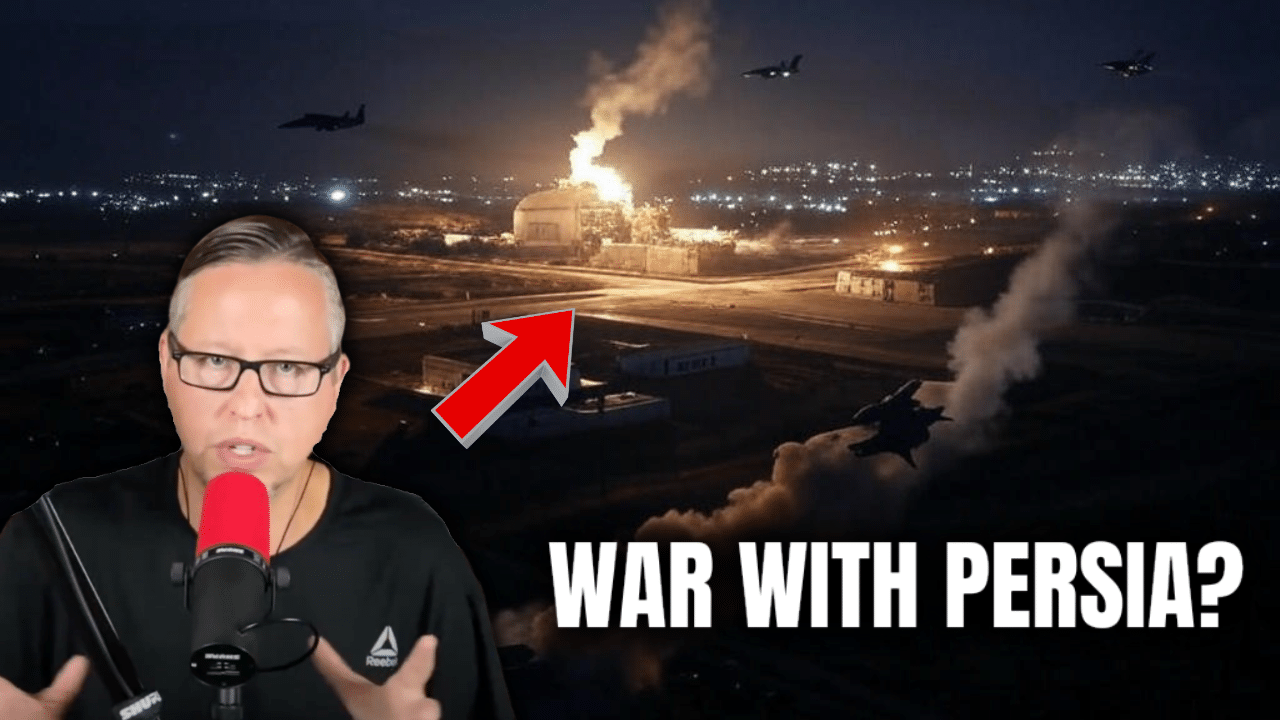A delegation of prominent American evangelical leaders made headlines during a visit to Jerusalem, where they publicly called for Israeli sovereignty over Judea and Samaria—regions they refer to as the “biblical heartland” of the Jewish people.
This bold stance, coupled with their demand for an end to Hamas rule in Gaza, underscores the growing alliance between conservative Christian groups in the United States and Israel’s territorial aspirations.
According to a report from Israel365 News published earlier today, the evangelical leaders toured significant biblical sites, including ancient Shiloh, a location steeped in spiritual importance for both Jewish and Christian traditions.
During their visit, they reaffirmed their unwavering support for Israel’s control over these contested territories.
The group, representing organizations with a collective following of tens of millions of American evangelicals, emphasized the theological and historical significance of Judea and Samaria, arguing that Israeli sovereignty is not only a political necessity but a fulfillment of biblical prophecy.
Among the notable figures present was Ralph Reed, founder and chairman of the Faith and Freedom Caucus.
Reed was quoted saying, “We strongly support and think it is imperative that Israeli sovereignty be expressed, extended, and recognized over Judea and Samaria.”
His remarks reflect a broader sentiment among the delegation that Israel’s claim to these lands is both a divine right and a strategic imperative.
Similarly, Tony Perkins, a Southern Baptist pastor and president of the Family Research Council, took a hands-off yet supportive approach, stating, “We shouldn’t tell Israel what to do about anything,” while simultaneously affirming, “We support you in your right to exercise sovereignty over Judea and Samaria.”
The visit coincided with the Israel launch of the Conference of Christian Presidents, a newly established umbrella organization of pro-Israel Christian groups modeled after the Conference of Presidents of Major American Jewish Organizations.
Held at the Friends of Zion Museum in Jerusalem, the event marked a significant step in formalizing evangelical support for Israel.
The conference, which was first established in Washington, D.C., in September 2024, aims to unify Christian voices in advocating for Israel’s security and territorial claims.
Posts on X today echoed the news, with users highlighting the delegation’s activities and their implications.
One post noted that the evangelical leaders were urging U.S. President Donald Trump to recognize Israeli sovereignty over the biblical heartland, signaling a potential push for American diplomatic backing.
Another emphasized the group’s tour of Shiloh and their call to end Hamas governance in Gaza, framing it as part of a broader vision for Israel’s future.
The evangelical stance comes at a time of heightened tension over Judea and Samaria, often referred to as the West Bank in international discourse.
These regions, rich with biblical history, remain a flashpoint in the Israeli-Palestinian conflict. The leaders’ visit also aligns with upcoming elections for the World Zionist Congress, scheduled from March 10 to May 4, 2025.
Israel365 News encouraged readers to vote for Israel365 in the elections to “stop the threat of a Palestinian State in the heartland of Israel,” reflecting the overlap between evangelical advocacy and certain Israeli political movements.
This evangelical push is not without controversy. Critics argue that such unequivocal support for Israeli sovereignty could complicate peace efforts and exacerbate regional tensions.
However, for the leaders gathered in Jerusalem, their position is rooted in faith and a belief in Israel’s enduring connection to its biblical lands.
As Perkins and Reed articulated, their message is clear: Israel’s sovereignty over Judea and Samaria is non-negotiable, and they intend to leverage their influence—representing millions of American evangelicals—to make it a reality.
As of now, the impact of their visit and advocacy remains to be seen, but it undeniably reinforces the deep ties between American evangelical communities and Israel’s national aspirations.
With their collective reach and commitment, these leaders are poised to shape both religious and political narratives surrounding the biblical heartland for years to come.








